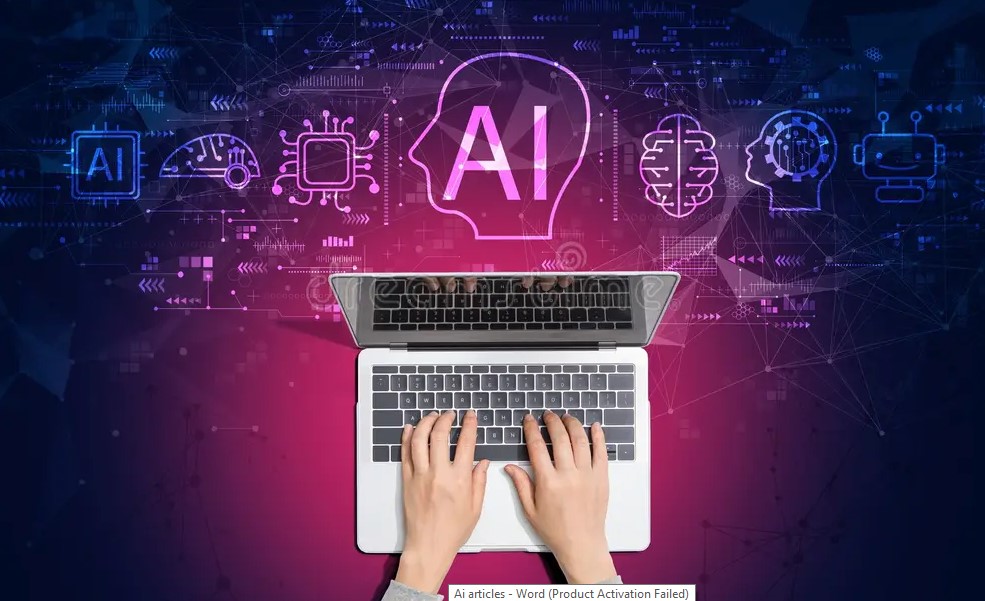Blogs / **The Impact of AI on Content Creation**
**The Impact of AI on Content Creation**
Admin / November 23, 2024

**The Impact of AI on Content Creation**
In recent years, the landscape of content creation has undergone a significant transformation, largely driven by advancements in artificial intelligence (AI). The emergence of AI content creation tools and AI writers has revolutionized the way content is produced, offering both opportunities and challenges for businesses and creators alike.
AI content creation tools have become indispensable assets for marketers, writers, and content strategists. These tools leverage complex algorithms to generate content that is not only coherent but also tailored to specific audiences. By analyzing vast amounts of data, AI content creation tools can identify trends, preferences, and patterns, enabling creators to produce highly relevant and engaging content with remarkable efficiency.
One of the most significant advantages of using AI in content creation is the speed and scalability it offers. Traditional content creation processes can be time-consuming and resource-intensive. However, AI writers can generate high-quality content in a fraction of the time it would take a human writer. This rapid turnaround is particularly beneficial for businesses that need to produce large volumes of content to maintain a competitive edge in digital marketing.
Moreover, AI writers excel in creating a diverse range of content types. From blog posts and social media updates to product descriptions and email newsletters, these tools can adapt to various formats and styles. This versatility allows businesses to maintain a consistent brand voice across different channels, enhancing their overall marketing strategy.
Despite the numerous benefits, the integration of AI in content creation is not without its challenges. One of the primary concerns is the potential for AI-generated content to lack the nuance and creativity that human writers bring to the table. While AI can efficiently produce informative and structured content, it may struggle to replicate the emotional depth and storytelling elements that resonate with audiences on a personal level.
Additionally, ethical considerations arise when using AI writers. The line between human and machine-generated content can become blurred, raising questions about authorship and originality. It is crucial for businesses to maintain transparency and ensure that AI-generated content is clearly identified to avoid misleading consumers.
Furthermore, the reliance on AI content creation tools may inadvertently lead to a homogenization of content. As more businesses adopt similar AI-driven strategies, there is a risk that content could become formulaic and lose its distinctiveness. To mitigate this, businesses should strive to strike a balance between AI-generated content and human creativity, leveraging the strengths of both to produce compelling and diverse content.
In conclusion, the impact of AI on content creation is profound and multifaceted. AI content creation tools and AI writers offer unparalleled efficiency and versatility, enabling businesses to produce high-quality content at scale. However, it is essential to navigate the challenges associated with AI integration carefully. By embracing a hybrid approach that combines the capabilities of AI with human creativity, businesses can harness the full potential of AI in content creation, ultimately driving engagement and success in the digital age.